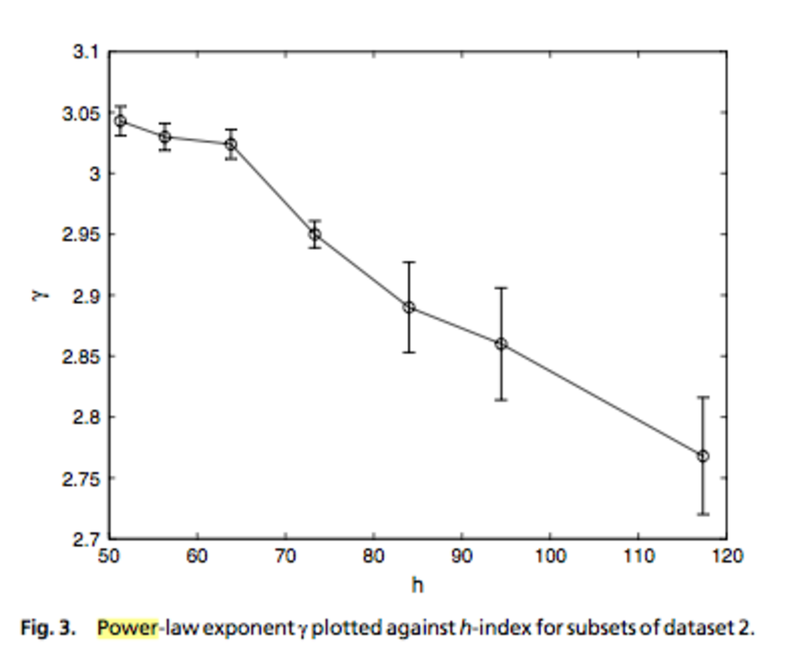When you’re choosing between career options you need detailed information on different aspects of your career so you can evaluate potential impact, work out what skills are needed, and see whether you’d like to pursue that career. Unfortunately much of the information you need doesn’t exist. For instance, you can easily find minimum entry requirements for different roles, but there’s isn’t much on how to judge your chances of being successful once you’ve got the job. Some important information does exist, such as evidence-based ways to judge whether you’ll enjoy a particular job, but it isn’t covered by conventional careers advice. And it’s difficult to find any information at all about more entrepreneurial paths.
On the other hand, the existing resources are great for certain types of information. Governments collect detailed information on types of roles, what they involve, what skills and qualifications are required, basic salary data and industry trends. There are also some private providers of career information and advice, including advice on how to get into certain types of jobs.
We’re going to prepare career profiles on specific careers that will help you work out whether to pursue that option . But in the meantime, here’s our first thoughts on the best resources that are already out there.
